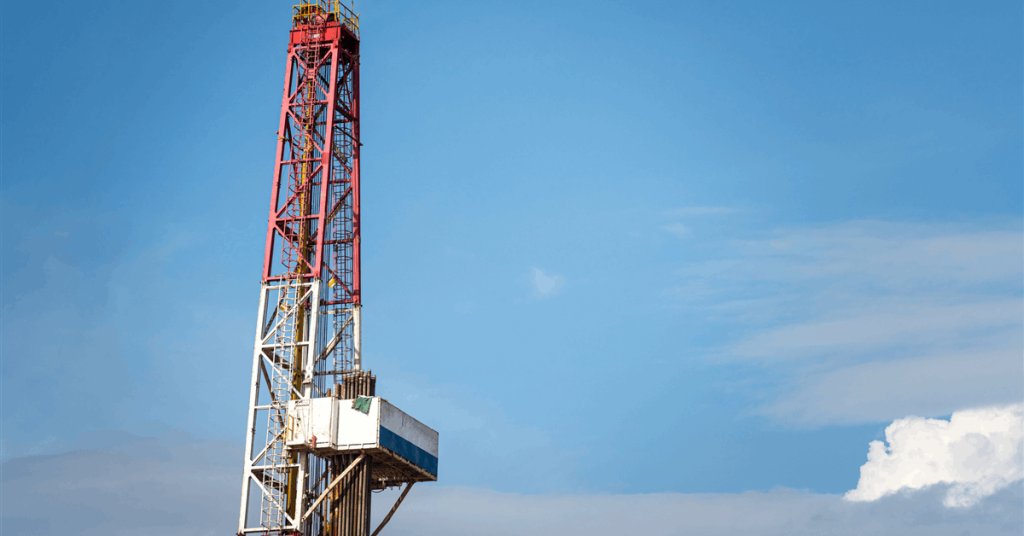Buru Energy Ltd. said Monday it had received government approval for a two-year extension of time for the Rafael gas project in Australia’s Canning Basin to apply for a production license.
Western Australia’s Mines, Petroleum and Exploration Department gave the project until July 2027 to seek a production license.
“This approval for an extension of time in which to apply for a Production License for Rafael will allow important work to be completed, including the maturation of technical and commercial work with our development partner, Clean Energy Fuels Australia (CEFA)”, Buru chief executive Thomas Nador said in a regulatory filing.
The Rafael gas and condensate field is in Exploration Permit 428, about 150 kilometers (93.21 miles) east of Broome and around 85 kilometers south of Derby in the Shire of Derby-West Kimberley. According to Buru, Rafael is the only confirmed source of conventional gas and liquids onshore Western Australia north of the North West Shelf Project.
First drilled in 2021 and confirmed as a discovery the same year, Rafael has been assessed to hold contingent and unrisked gross recoverable volumes of 85-523 Bscf of gas and 1.8-10.6 MMstb of condensate, according to Buru.
Buru eyes a 20-year production life. It expects the project to supply trucked liquefied natural gas and liquids to Pilbara and the Northern Territory. Buru plans to drill two wells, including the 2021 discovery, according to a project update published by the company April 9, 2025.
It expects to reach an FID (final investment decision) 2027 and start production 2028, according to the April update.
Earlier on April 2 it announced a deal with CEFA to co-develop Rafael. CEFA would own the downstream components of the project.
“The SDA [strategic development agreement] provides a clear pathway to building a valuable long-term gas and condensate business in the northwest of Western Australia, combining Buru’s upstream resource and expertise with CEFA’s strong downstream and midstream capabilities, strong financial backing and incumbency in the Western Australian domestic LNG market”, Buru said.
“Buru and CEFA have agreed a business model as the basis for future binding agreements, expected to be executed in late 2025”, it added. “CEFA will fully finance, build, own and operate an LNG plant with a capacity of up to 300 tonnes per day and associated condensate infrastructure on the Rafael 1 wellsite”.
“Buru is responsible for the financing, construction and operation of the upstream elements of the Project”, Buru said.
“Buru is pursuing several options to fund its 2025 Rafael 1 well recompletion and testing program to support independent certification of the Rafael reserves, and the drilling of a development well in 2026”, it said. “Reserves certification is a key condition precedent to binding agreements with CEFA”.
To contact the author, email jov.onsat@rigzone.com
What do you think? We’d love to hear from you, join the conversation on the
Rigzone Energy Network.
The Rigzone Energy Network is a new social experience created for you and all energy professionals to Speak Up about our industry, share knowledge, connect with peers and industry insiders and engage in a professional community that will empower your career in energy.
element
var scriptTag = document.createElement(‘script’);
scriptTag.src = url;
scriptTag.async = true;
scriptTag.onload = implementationCode;
scriptTag.onreadystatechange = implementationCode;
location.appendChild(scriptTag);
};
var div = document.getElementById(‘rigzonelogo’);
div.innerHTML += ” +
‘‘ +
”;
var initJobSearch = function () {
//console.log(“call back”);
}
var addMetaPixel = function () {
if (-1 > -1 || -1 > -1) {
/*Meta Pixel Code*/
!function(f,b,e,v,n,t,s)
{if(f.fbq)return;n=f.fbq=function(){n.callMethod?
n.callMethod.apply(n,arguments):n.queue.push(arguments)};
if(!f._fbq)f._fbq=n;n.push=n;n.loaded=!0;n.version=’2.0′;
n.queue=[];t=b.createElement(e);t.async=!0;
t.src=v;s=b.getElementsByTagName(e)[0];
s.parentNode.insertBefore(t,s)}(window, document,’script’,
‘https://connect.facebook.net/en_US/fbevents.js’);
fbq(‘init’, ‘1517407191885185’);
fbq(‘track’, ‘PageView’);
/*End Meta Pixel Code*/
} else if (0 > -1 && 98 > -1)
{
/*Meta Pixel Code*/
!function(f,b,e,v,n,t,s)
{if(f.fbq)return;n=f.fbq=function(){n.callMethod?
n.callMethod.apply(n,arguments):n.queue.push(arguments)};
if(!f._fbq)f._fbq=n;n.push=n;n.loaded=!0;n.version=’2.0′;
n.queue=[];t=b.createElement(e);t.async=!0;
t.src=v;s=b.getElementsByTagName(e)[0];
s.parentNode.insertBefore(t,s)}(window, document,’script’,
‘https://connect.facebook.net/en_US/fbevents.js’);
fbq(‘init’, ‘1517407191885185’);
fbq(‘track’, ‘PageView’);
/*End Meta Pixel Code*/
}
}
// function gtmFunctionForLayout()
// {
//loadJS(“https://www.googletagmanager.com/gtag/js?id=G-K6ZDLWV6VX”, initJobSearch, document.body);
//}
// window.onload = (e => {
// setTimeout(
// function () {
// document.addEventListener(“DOMContentLoaded”, function () {
// // Select all anchor elements with class ‘ui-tabs-anchor’
// const anchors = document.querySelectorAll(‘a .ui-tabs-anchor’);
// // Loop through each anchor and remove the role attribute if it is set to “presentation”
// anchors.forEach(anchor => {
// if (anchor.getAttribute(‘role’) === ‘presentation’) {
// anchor.removeAttribute(‘role’);
// }
// });
// });
// }
// , 200);
//});

